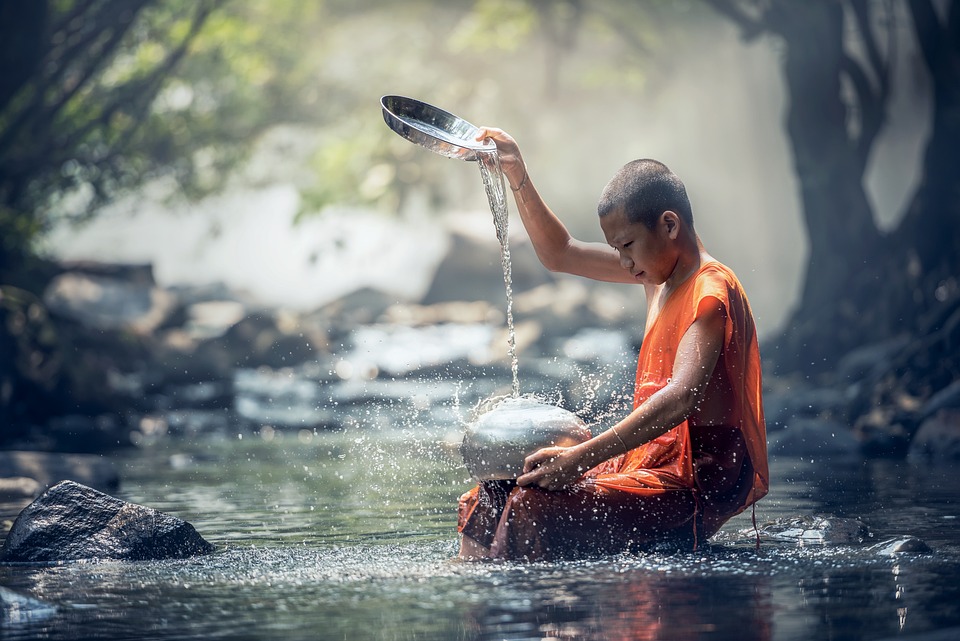PORTLAND, Ore., June 22, 2023 /PRNewswire/ — Today, Justice + Joy National Collaborative (Justice+Joy), formerly National Crittenton, released findings from In Our Words: The Impact of Overturning of Roe v. Wade on Girls, Young Women, and Gender-Expansive Young People of Color. The discussions with over 100 youth aged 14–24 covered 14 states with a range of reproductive rights. A briefing will be held on Thursday, June 29, 2023, at 11:30 a.m. ET/8:30 a.m. PT, following the one-year mark of the Dobbs v. Jackson Supreme Court decision.
“This is a fight for the health, safety, and autonomy of real people, and no one understands that better than young adults and people of color,” said Jeannette Pai-Espinosa, president of Justice + Joy. “They are the future of this country. They are a generation of young people prepared to usher in a wave of leaders committed to depoliticizing their bodies and protecting their rights.”
Key findings include:
- The Dobbs decision impacted all reproductive healthcare services, such as STI testing, birth control, and routine exams.
“I’m from Jackson, Mississippi, and the Jackson Women’s Health Organization was the place I would go to receive STI testing. Last month, I tried visiting for my STI test, and the building is now closed. Now I don’t have any option.” – Mississippi. - The Dobbs decision worsened socio-economic disparities and maternal and child health outcomes.
“I’m Native American. I live around a lot of reservations, and it’s really hard to access, you know, reproductive care up here or even abortion access. Even being in Minnesota, where it is a pro-choice state, it’s still really hard to get abortions when you live on reservations.” – Minnesota. - Young people of color feel anxious, unsafe, and fear prosecution.
“A girl I know told her best friend that she was getting an abortion. Her best friend’s mom found out, and she called the authorities since they lived in a state where abortion is banned. The police called to say they received information and they have to investigate if she received an abortion and she could now be charged. Ever since this, I have felt unsafe to disclose information because I don’t know if it could be used against me.” – DC/MD/VA. - Youth are making life decisions based on the status of state reproductive rights, which impacts cultural institutions and local economies.
“I also plan on going to an HBCU after graduating this year. But with everything going on in the south, I have this sort of anxiety to do anything that involves leaving California.” – California. - Youth fear losing other civil and human rights, especially access to contraception, marriage equality, interracial marriage, and gender-affirming care.
“I feel like the thing that has impacted me the most is not being comfortable to like, live my life, and do things I used to do. Like going to get birth control is scary now. I just fear, like, ‘oh, I’m getting birth control; is this going to be next?'” – Idaho. - Lack of bodily autonomy causes anxiety and affects mental health.
“The decision affected my mental health. I had issues recently that I couldn’t speak out. I couldn’t tell nobody I wanted to have an abortion. I was stuck in shame and fear. I felt no one would understand me. I almost took my life.” – Virginia. - Youth want holistic sex education and access to reliable information and sources.
“I haven’t heard anything about improving sexual education in schools or improving access to reproductive care for people. If it’s preventing people from having undesired pregnancies, for example, then they would improve access to reproductive care, and so people would really have sexual health and preventative education. But it seems like it was just a decision they made without thinking of the consequences.” – Alabama. - Young people of color are turning their anger into political activism.
“I’ve learned that we can’t just expect the people in power to have our backs and support us. So I think we need to take the steps to use our power to elect our leaders and hold them accountable to bring change.” – DC/MD/VA.
Pai-Espinosa continued, “Opponents of reproductive rights may see Dobbs as a watershed moment, but so do we. We stand with a growing movement of young people whose power is about to be felt by their elected leaders in a historic way.”
RSVP for the June 29th In Our Words briefing here.
About Justice + Joy
Justice and Joy National Collaborative (Justice+Joy or J+J) is an intergenerational, gender, and racial justice advocacy organization advancing social, economic, and political equity with and for girls, young women, and gender-expansive youth. Our goals are to achieve collective power to advance justice, establish affirming social narratives, and build ecosystems of support. We envision a world where all girls, young women, and gender-expansive youth of color can achieve their potential and live unapologetically liberated lives without fear of violence or injustice. www.justiceandjoynatl.org.
About In Our Words Report
From September 1-November 1, 2022, Justice + Joy hosted In Our Words, conversations in 14 states with girls, young women, and gender-expansive youth of color aged 14-24. The targeted states were: Alabama, California, the District of Columbia, Idaho, Massachusetts, Maryland, Minnesota, Mississippi, North Carolina, New Jersey, New York, Ohio, Texas, and Virginia. The full survey and methodology can be read here.
SOURCE Justice + Joy National Collaborative
Originally published at https://www.prnewswire.com/news-releases/i-almost-took-my-life-black–brown-gen-z-women–girls-speak-out-and-prepare-to-oust-elected-officials-post-dobbs-301858145.html
Images courtesy of PixaBay






